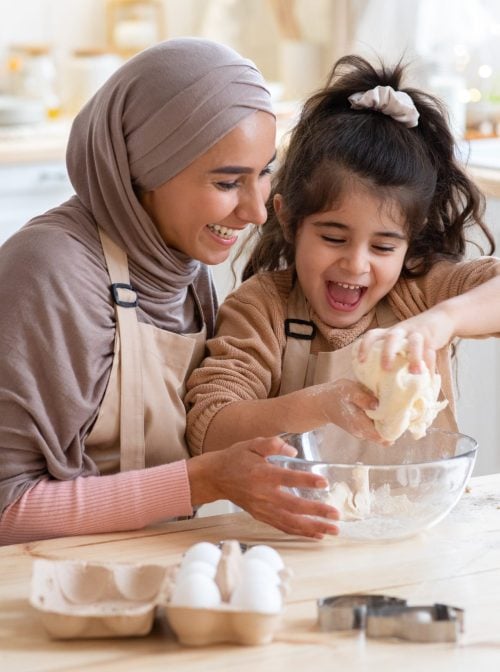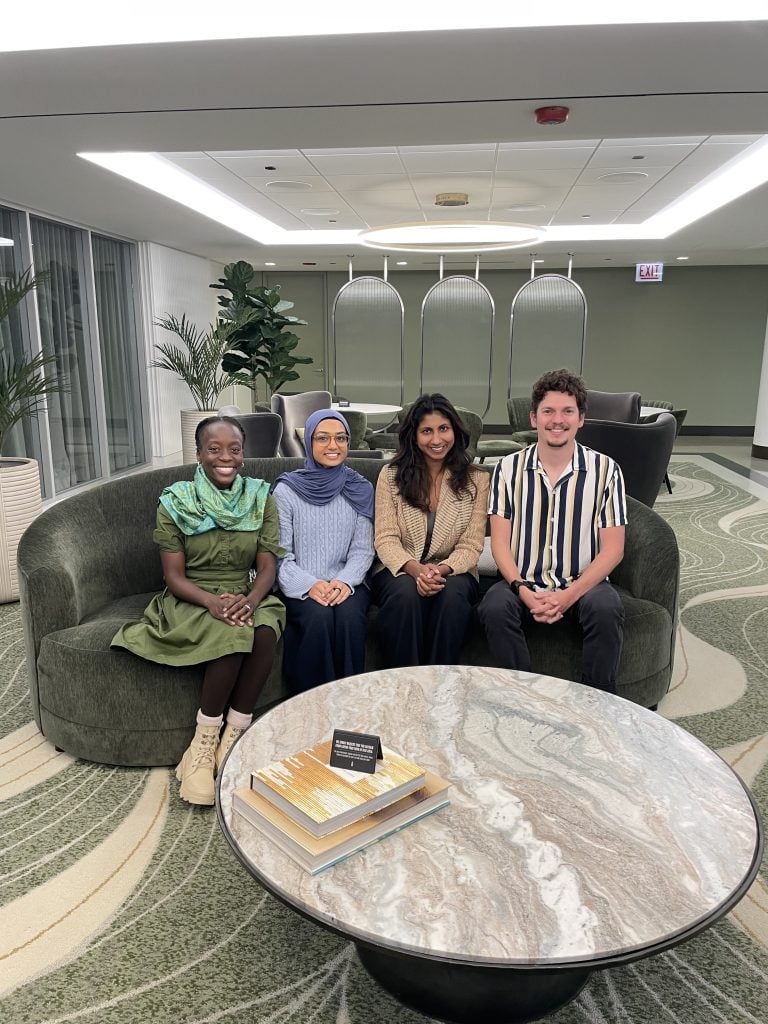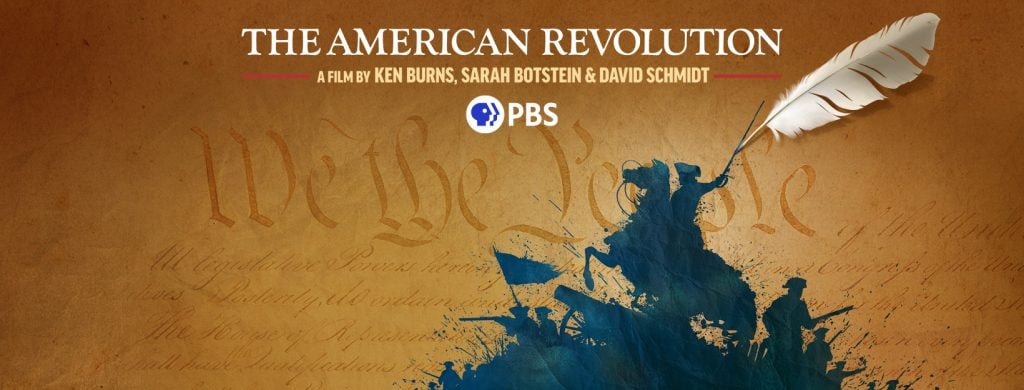Head to the U.S./Mexico border where a shelter founded by Sonia Tinoco García and the Latina Muslim Foundation serves thousands of asylum seekers each year; connect with Sakina Bakharia, president of the Barbados Association of Muslim Ladies, the first and only organization in Barbados that responds to the needs of Muslim women and girls; or visit Hazel Gómez, a Puerto Rican and Mexican Muslim community organizer with Dream of Detroit, a nonprofit that combines strategic housing and land development to empower marginalized neighborhoods.
Each is an example of Muslim women making an impact in their communities, based on their unique skillsets and experiences.
According to researchers at the Indiana University Lilly Family School of Philanthropy’s Muslim Philanthropy Initiative, philanthropy plays a vital role in the daily life of Muslim women.
As part of a growing Muslim philanthropic landscape that gives an estimated 4.3 billion dollars in zakat (obligatory charity that requires Muslims to give 2.5% of their wealth), women contribute beyond monetary giving as well, donating their time, talent and community ties to the greater good.
Nausheena Hussain, who helped shape the report and is author of a new book on Muslim’s women’s finance and giving titled, Prosperity with Purpose: A Muslim Woman’s Guide to Generosity and Abundance, said such research is vital to better understand Muslim women’s engagement, impact and still untapped philanthropic potential.
“First, Muslims in general have been underrepresented in philanthropic research,” she said, “and Muslim women are often misrepresented.”
Earlier reports had shown that Muslim men gave more money than women. But Hussain knew that philanthropy encompassed more than monetary contributions. She approached MPI’s Director, Shariq Siddiqui, about conducting research into women’s giving, volunteering and motivations for civic activism.
The results not only showed that Muslim women were involved, but that they were engaged at scale, with their generosity behaviors amplifying each other. In MPI’s 2023 report, seven out of ten women said they actively participate in one or more organizations — and because of this participation, were more likely to give zakat. In other words, if they were giving their time, they were giving more money.
They also found that if the same women were registered voters, they were even more likely to donate, volunteer, and participate in the community. Their data showed 87% of total zakat given by Muslim women was by those who were also registered voters — and those that are registered to vote were also 15 times more likely to volunteer.
This kind of research, Hussain said, not only departed from existing literature that focused on negative stereotypes of Muslim women or social stigmas and discrimination but also showed a side to American generosity that was not white, Christian or male-centric.
“When Muslim women cannot see ourselves in the broader story of Muslim or American giving, it becomes difficult to imagine ourselves as philanthropists”
“When Muslim women cannot see ourselves in the broader story of Muslim or American giving, it becomes difficult to imagine ourselves as philanthropists,” she said. “Part of my goal is to be able to tell those stories, so that Muslim women can see themselves in these roles.”
Afshan Malik, Director of Development for Rabata, a Minnesota-based nonprofit organization dedicated to promoting positive cultural change through creative educational opportunities for women, said history is replete with stories of women who gave their time, talent, and treasures for the sake of the greater good.
“For Muslim women, there is a vast legacy of giving and deep spiritual tradition of generosity,” she said. Malik invoked the memory of Khadijah, a wealthy widow who hired Muhammad and later became his first wife, who serves as an example of business leadership and charity in her support of the Muslim community in its infancy. She also raised up Al-Shifa, a companion to the prophet Muhammad who practiced traditional medicine and helped educate members of the community to read and write.
Their biographies remain powerful symbols, said Malik. “In different pockets of time, women’s movements and funding work has been critical to the development of societies and the course of human history,” she said. Their examples, she believes, resonate with people both within and beyond the Muslim community.
“Most media perpetuate the myth that Muslim women are oppressed or that we are some kind of property,” said Malik. “But we have decision making power, agency, and opportunity. That’s our history and legacy,” she said.
Teaching women that history — along with the foundations of Islamic scholarship, leadership, and community care — is at the heart of what Rabata does. Founded by Tamara Gray in 2012, Rabata has connected with thousands of women across the globe through online classes, publications and spiritual support initiatives like its Quran recitation program. Malik said Rabata exists to, “provide a platform for the rising tide of Muslim women becoming scholars, community leaders, and cultural change agents.”
Cultural change agent is exactly the kind of word that could describe Dyma AbuOleim, founder and president of 200 Muslim Women Who Care — the first Muslim women’s giving circle in the U.S. — in Tampa, Florida. The only Muslim woman in a women’s giving circle in South Florida, AbuOleim was inspired to create a “solution-oriented, not problem-oriented” giving circle for Muslim women when she relocated to the Tampa Bay Area.
Representing a diverse cross-section of the local community, AbuOleim believes the organization showcases Muslim women’s philanthropic potential and political power.
Members pledge to donate $100 quarterly, meeting four times a year to learn about local non-profits and award $20,000 in grants — the combined amount of their collective donations — every three months. Since 2017, they have given away over $600,000 (USD) to groups working on a range of issues in the Bay Area, from providing mobile shower services for Tampa’s unhoused population to a group facilitating exercise programs for cancer patients in local care. “Modeling ourselves on of the Prophet Muhammad (PBUH) who was a giver of gifts,” AbuOleim said, “our work is all about fulfilling our responsibility to our neighbors.”
Together, 200 Muslim Women Who Care makes its members more than individual philanthropists, AbuOleim said, but “a collective force for change.”
“We are democratizing philanthropy, building connections with our neighbors, and building social and financial capital to then spend on the issues we care about,” she said.
The model has proved successful, with a new 200 Muslim Women Who Care chapter founded in Dallas, Texas in 2024 and future plans for other major metropolitan areas.
“Whether you are a stay-at-home mom, a businesswoman, an educator, or nonprofit leader, this is about reclaiming our power.”
“Whether you are a stay-at-home mom, a businesswoman, an educator, or nonprofit leader,” she said, “this is about reclaiming our power.”
The work of Muslim women in philanthropy, however, is not without its challenges. Aisha Azhar, Dean of Academics at the Zakat Foundation Institute — an independent, professional graduate program offering coursework through the Indiana University Lilly Family School of Philanthropy — said women can face male dominated leadership structures, patriarchal family and community dynamics and a lack of support systems when they seek to make an impact in civil society.
Moreover, media can compound societal factors that limit what a woman can do and how much she can get involved by perpetuating the idea that all Muslim women are oppressed or that they lack resources, agency and opportunity.
“Altogether, it means women can struggle to be taken seriously,” said Azhar. “It is still not a norm to see a Muslim woman in a philanthropic space, trying to leverage her money.
“That’s a learning curve within and beyond Muslim communities,” she said.
The persistence and resilience exhibited by those who do make an impact — like Rabata or the 200 Muslim Women Who Care — is worth it, however, said Nausheena Hussain.
“When I aspired to work in the nonprofit sector, I often wondered how I could be what I did not see,” said Hussain. “But imagine if we start uplifting people who look like us and have our lived experiences and shared demographics?
“You can then start to imagine a different past, a different world and see yourself as part of it — building that infrastructure of generosity yourself,” she said.
Beyond the organizations above, Hussain said she often thinks of her mother — an immigrant who came to the U.S. in the 1970s. Amidst navigating new systems, learning a second language and adapting to fresh surroundings, Hussain said her mother and other women in her Chicago community banded to together to establish women’s support systems, as well as start informal giving circles and volunteer associations.
“They may not have been full-fledged nonprofits, but there was something about their care and compassion and connection through their faith that drove them to make sure everybody was taken care of,” she said.
And it is their resilience, perseverance and drive for compassionate care and contribution that continues to inspire Hussain today.
“They are not in it for fame and glory; they have a higher purpose,” she said. “There is a special form of blessing in that. Taking what they have and sharing it with others.”




